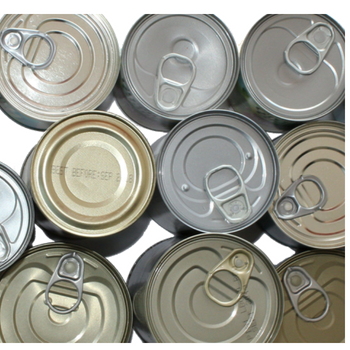Life in Halls
Sustainable Sanctuary: Recycling, Reselling and Donating
We’d like to make you aware of our sustainability efforts, and exactly what we’re doing to work towards being carbon-neutral by 2050.
We’re very proud of everything we’re doing here at Sanctuary Students and looking after our planet in small ways – but we also know that there’s always more we can do!
Sanctuary Students are here to offer you some small, practical and easy-to-action tips about creating and maintaining a more sustainable lifestyle when staying with us for the upcoming academic year, and beyond!

Recycling vs upcycling
Recycling means passing something – like clothes, shoes and food – onto a new home, so it can be used by someone else or made into something else entirely, like a plastic bottle to a plastic shopping bag (read more about plastic reduction in our next post!).
Upcycling differs in that you’re taking an old item of clothing, furniture, packaging, etc. and making it into something new and freshly usable! Try doing small things like resizing clothes, making tin cans into storage pots to give it a new lease of life.
Recycling materials can be trickier than you’d think. Recyclables have to be taken in a very specific way, so keep the following things in mind when chucking your recycling into the bins.
DO
- Check your plastic – not all plastics are recyclable.
- Remove food residue from paper before recycling – think pizza boxes.
- Always remove plastic wrapping.
- Empty and rinse metal, plastic and glass bottles, tins or containers.
- Squash plastic bottles to increase space, leaving the caps on.
DON’T
- Throw everything in together and hope for the best – one dodgy item will prevent the whole bag from being recycled.

Donating to food banks
Maybe you’re moving out of halls for half term and have in-date food that you just won’t get round to cooking. Or maybe you got too eager in the supermarket and probably won’t eat 20 discounted tins of beans in the next two weeks! Definitely don’t throw them away! Find your local food bank and donate any non-perishable food to those in need, so nothing goes to waste.

Reselling clothes and buying second-hand
If you’ve got old clothes or shoes that just aren’t your style or don’t quite fit right anymore, sell them! You’ll make an extra bit of cash while avoiding contributing to landfills and the fast-fashion industry. Popular online reselling platforms include depop.com and vinted.com, and there’s always the option of donating items to charity shops, too.
At the other end of the scale, when you’re the one looking for new clothes or shoes, why not start buying some items second-hand? Even replacing one haul every few months will make a huge difference to your environmental impact – and your bank account!
Alternatively, do a quick search online and see if the Kilo Sale is coming to your city soon! It’s a great excuse to go shopping for some second-hand bits, find unique pieces and reduce your contribution to your carbon footprint by buying slow fashion.
We hope that by sharing these ideas, we’ll help you discover an easy way to change your daily routine to become more sustainable and play your part in looking after our planet.
Don’t forget, if you have a sustainability top tip to share, let us know and if we feature it in our next termly green newsletter, we’ll send you a £25 voucher!
Topics
- Read Next
-
 How to have a big night in
How to have a big night in
 Getting out and about in your city
Getting out and about in your city
 The benefits of exercise, mindfulness & creativity
The benefits of exercise, mindfulness & creativity
 Subscribe to our Youtube channel!
Subscribe to our Youtube channel!
 Quick fire ways to de-stress
Quick fire ways to de-stress
 Why a healthy breakfast is important
Why a healthy breakfast is important
 Time to talk
Time to talk
 How to live sustainably as a student
How to live sustainably as a student
 A look back at 2022/23
A look back at 2022/23
 Denmark Road FAQs
Denmark Road FAQs
- Popular
-
 What is Sanctuary Social?
What is Sanctuary Social?
 Student cooks: Chicken pasta
Student cooks: Chicken pasta
 What type of flatmate are you?
What type of flatmate are you?
 Things you didn't know about Sanctuary Students
Things you didn't know about Sanctuary Students
 Where to find help at uni if you're feeling blue
Where to find help at uni if you're feeling blue
 #MoneyMatters - Budgeting tips
#MoneyMatters - Budgeting tips
 Tips if you're feeling homesick
Tips if you're feeling homesick
 Take a tour of Manna Ash House in London
Take a tour of Manna Ash House in London
 My favourite things about my accommodation
My favourite things about my accommodation
 Guest Policy in Halls
Guest Policy in Halls


